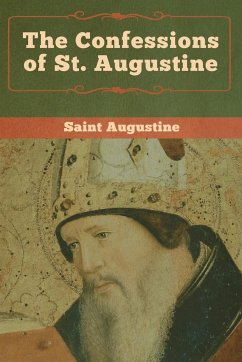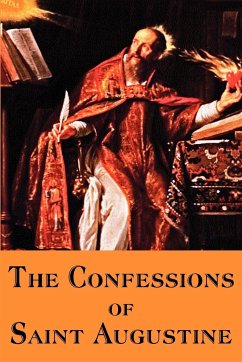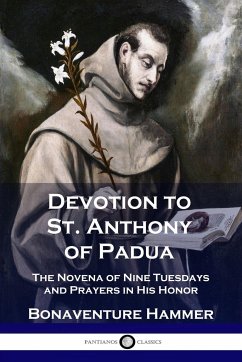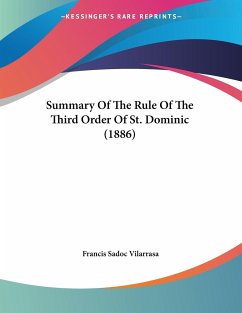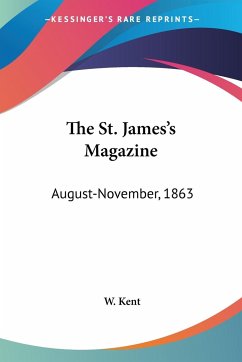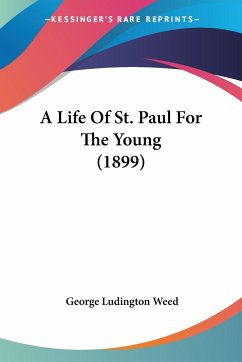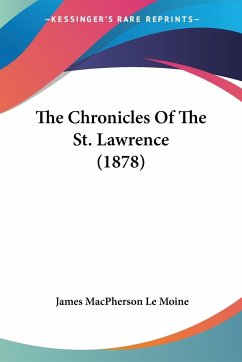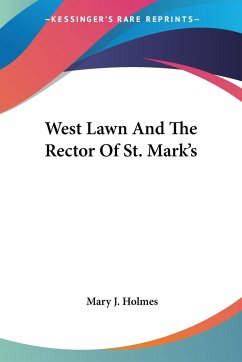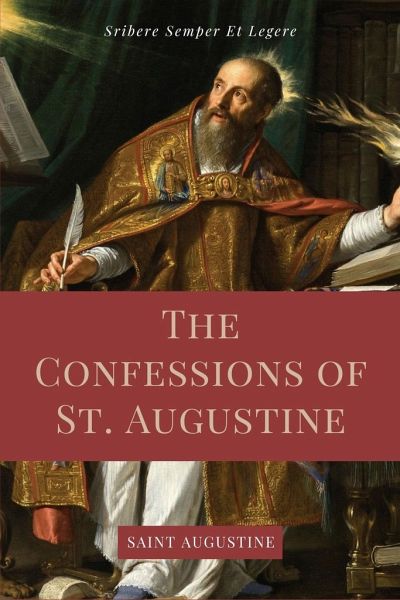
The Confessions of St. Augustine
Easy to Read Layout edition including "The Life of St. Austin, or Augustine, Doctor" from the Golden Legend.
Versandkostenfrei!
Versandfertig in 1-2 Wochen
18,99 €
inkl. MwSt.

PAYBACK Punkte
9 °P sammeln!
"The Confessions", one of the most important and influential works in Western literature and Christian theology, is a series of books written in the form of a personal prayer to God. Saint Augustine of Hippo recounts his life and his spiritual journey, tracing his path from a wayward youth to a devout Christian. Augustine's thoughts on sin, grace, and the human condition have shaped Christian thinking for centuries, remaining a timeless work that provides insight into the inner workings of the human soul, the process of spiritual conversion, and the relationship between humanity and the divine...
"The Confessions", one of the most important and influential works in Western literature and Christian theology, is a series of books written in the form of a personal prayer to God. Saint Augustine of Hippo recounts his life and his spiritual journey, tracing his path from a wayward youth to a devout Christian. Augustine's thoughts on sin, grace, and the human condition have shaped Christian thinking for centuries, remaining a timeless work that provides insight into the inner workings of the human soul, the process of spiritual conversion, and the relationship between humanity and the divine. This new Easy to Read Layout edition includes as an added bonus "The Life of St. Austin, or Augustine, Doctor" from the Caxton translation of the Golden Legend.





